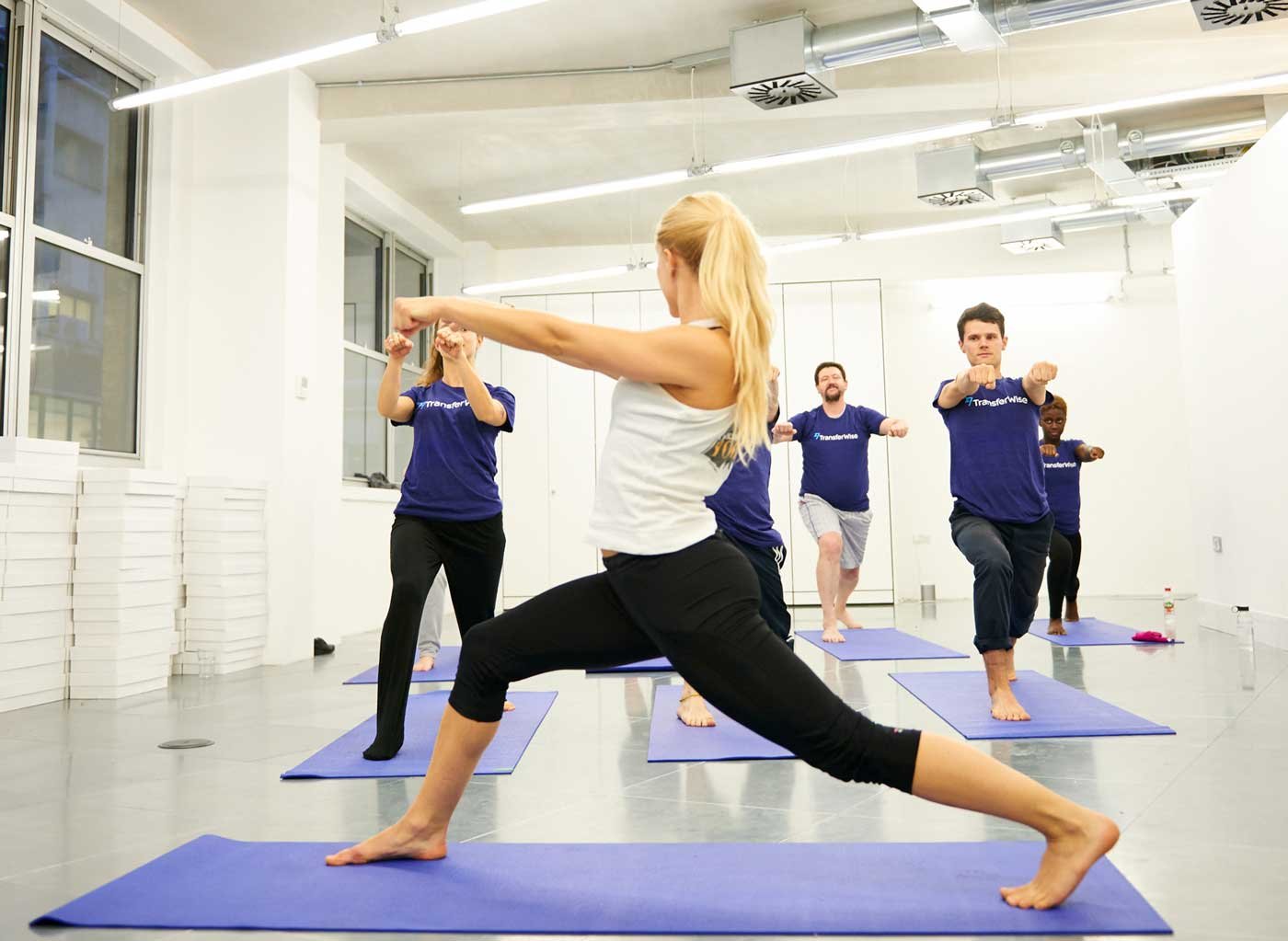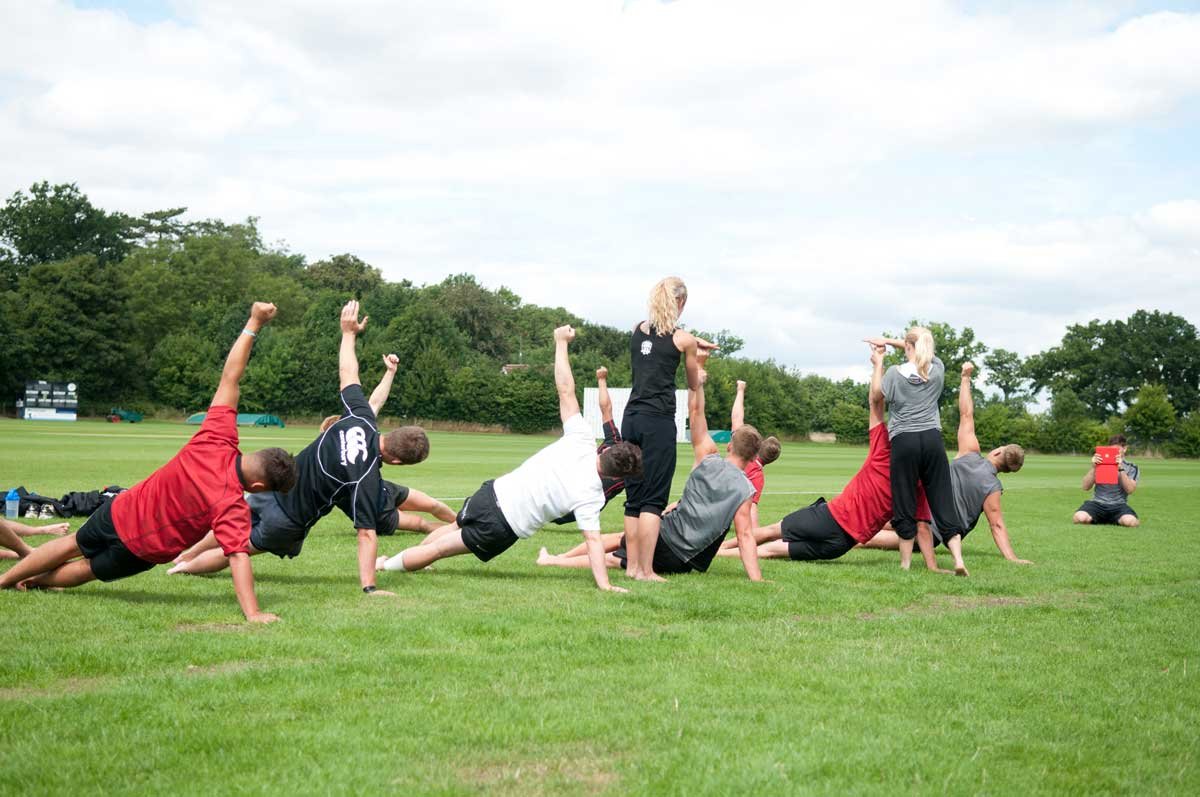
Essential Techniques for Employees to Achieve Balance
Mastering Stress Management
Essential Techniques for Employees to Achieve Balance
In today's fast-paced work environments, stress has become a common companion for many employees. From tight deadlines to heavy workloads, the demands of modern workplaces can take a toll on mental and physical well-being. However, mastering stress management techniques is essential for employees to maintain a balanced life and optimise their performance.
In this article, we'll explore effective coping strategies that can help employees navigate stress and achieve a sense of equilibrium in both their professional and personal lives.
Mindfulness Meditation: Mindfulness meditation has gained widespread recognition for its ability to reduce stress and promote mental clarity. Encourage employees to dedicate a few minutes each day to mindfulness practice. This can involve focusing on the breath, body scans, or guided meditation sessions. By cultivating present-moment awareness, employees can better manage stressors as they arise.
Deep Breathing Exercises: Deep breathing exercises are simple yet powerful tools for stress relief. Teach employees techniques such as diaphragmatic breathing or box breathing, where they inhale deeply through the nose, hold for a count, and exhale slowly through the mouth. Deep breathing triggers the body's relaxation response, helping to alleviate tension and anxiety.
Physical Activity: Regular exercise is not only beneficial for physical health but also plays a crucial role in stress management. Encourage employees to incorporate physical activity into their daily routines, whether it's going for a brisk walk during lunch breaks, attending fitness classes after work, or engaging in sports activities on weekends. Exercise releases endorphins, which are natural stress relievers, and helps to improve mood and energy levels.
Time Management Strategies: Poor time management can contribute to feelings of overwhelm and stress. Encourage employees to prioritise tasks, set realistic deadlines, and break larger projects into smaller, manageable steps. Time-blocking techniques, such as scheduling specific blocks of time for focused work and regular breaks, can also help employees stay organised and productive while reducing stress levels.
Healthy Lifestyle Choices: A healthy lifestyle forms the foundation for effective stress management. Encourage employees to prioritise self-care activities such as getting adequate sleep, maintaining a balanced diet, and staying hydrated. Avoiding excessive caffeine and alcohol consumption can also help regulate stress responses and promote overall well-being.
Establishing Boundaries: Setting clear boundaries between work and personal life is essential for preventing burnout and managing stress. Encourage employees to establish designated workspaces and schedules, and to disconnect from work-related communication outside of office hours whenever possible. Encouraging a culture of respect for personal time can help employees achieve a better balance between work and life responsibilities.
Seeking Social Support: Social support is a powerful buffer against stress. Encourage employees to nurture relationships with colleagues, friends, and family members. Having a strong support network to turn to during challenging times can provide emotional validation, practical assistance, and a sense of belonging that mitigates the negative effects of stress.
Practicing Gratitude: Cultivating an attitude of gratitude can shift focus away from stressors and foster a more positive outlook on life. Encourage employees to keep gratitude journals, where they can write down three things they're grateful for each day. This practice trains the brain to notice and appreciate the good things in life, even amidst adversity.
Professional Development and Learning: Investing in professional development opportunities can empower employees to enhance their skills and confidence, reducing stress associated with job performance. Provide access to training programs, workshops, and resources that support career growth and personal fulfillment. Feeling competent and capable in their roles can boost employees' resilience in the face of workplace stressors.
Seeking Professional Help: Despite our best efforts, there may be times when stress becomes overwhelming and requires professional intervention. Encourage employees to seek support from mental health professionals such as counsellors or therapists who can provide personalised coping strategies and emotional support. Removing the stigma surrounding mental health issues and promoting a culture of openness and support can encourage employees to prioritize their well-being.
Mastering stress management techniques is essential for employees to cope with the demands of modern workplaces and maintain a balanced life. By incorporating mindfulness meditation, deep breathing exercises, physical activity, time management strategies, healthy lifestyle choices, establishing boundaries, seeking social support, practicing gratitude, investing in professional development, and seeking professional help when needed, employees can cultivate resilience and well-being in both their professional and personal lives.
Encouraging a workplace culture that prioritises employee wellness and provides resources and support for stress management is essential for creating a healthy and thriving work environment.
DISCOVER why Corporate BOX™ is the well-being program of choice for the likes of Vodafone, Converse and Chelsea FC, click here.
As Featured In
CorporateBox™ Enjoyed By










































